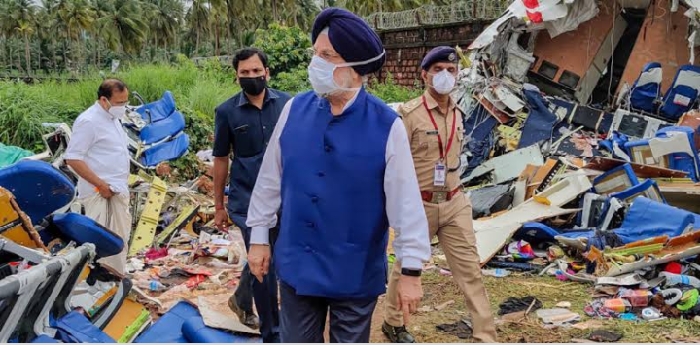New Delhi, Aug 22: The Centre is unlikely to rush into getting Parliament to pass a legislation following the Supreme Court's verdict declaring Islamic instant divorce law as arbitrary and unconstitutional.
Rather, the government will send an advisory to all States to ensure the compliance of the Supreme Court order on 'triple talaq', officials said.
As the law ministry officials put it, the SC's majority judgment has already made it clear that triple talaq is unconstitutional and illegal.
Law minister Ravi Shankar Prasad said, "We will consider the issue in a structured manner but the prima facie reading of the judgment is that triple 'talaq' has been declared unconstitutional and illegal."
Minority affairs minister Mukhtar Abbas Naqvi said the Centre would not do what the Rajiv Gandhi government did to negate the apex Court's verdict in the Shah Bano case by passing the Muslim Women (Protection of Rights on Divorce) Act, 1986.
This nullified the SC's verdict in favour of granting Shah Bano maintenance from her ex-husband under Section 125 of the Criminal Procedure Code, with an upper limit of Rs. 500 per month.
From today onwards, if someone says triple talaq to a Muslim woman, it will not lead to divorce. Some amendments could be considered by the Muslim Personal Law (Shariat) Application Act, 1937 as this law covers the Muslim marriages, law officials said.
During the hearing, the then Attorney General of India, Mukul Rohatgi had said that all forms of talaq must be abolished and if such a thing is done by the court, then the government will indeed enact a legislation to regulate Muslim divorces.
On Tuesday, Chief Justice JS Khehar and Justice S Abdul Nazeer were in favour of putting on hold for six months the practice of triple talaq and asking the government to come out with a law in this regard after taking into account progress made in Muslim Personal Law – 'Shariat', in various other Islamic countries.
But the majority judgement by Justices Kurian Joseph, RF Nariman and UU Lalit held it as violative of the Constitution. Justice Kurian Joseph, a part of the majority bench, went to the extent in stating that, “it is not for the Courts to direct for any legislation.”
Meanwhile, the top BJP leadership asked the party leaders to show restraint and not make it a religious issue. BJP spokespersons were told to treat it as a gender issue, related to equality of women.







Comments
Talaq is a worst thing permited in islam and should be done in only rarest to rarest possible time. But few people misuse this for thier own stupid benifits. Now if goverment will not pass the law and refer this judgement these people may follow our honourable prime ministers foot steps ( ie Abandon and go for others). In this case even bhakts also will not have a word to oppose.
Add new comment